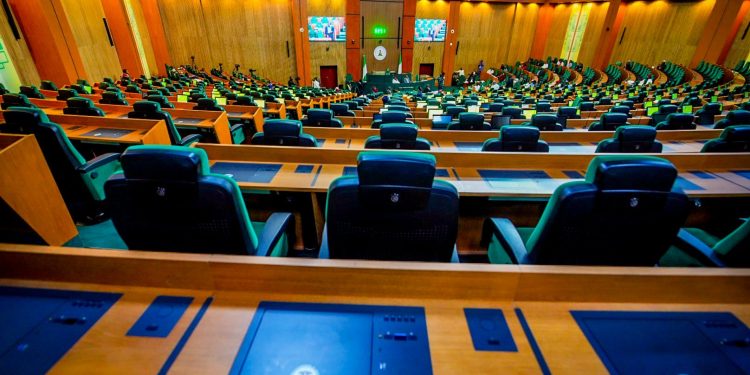The National Assembly is considering major amendments to the Electoral Act of 2022, introducing reforms that could reshape how Nigeria conducts its elections. Among the key highlights of the proposed bill are dual transmission of results (manual and electronic), optional use of permanent voter cards (PVCs), and the introduction of early voting for specific categories of voters.
According to Section 2 of the proposed amendment, a new provision will allow early voting for groups such as security personnel, INEC officials, accredited journalists, election observers, and temporary commission staff. This early voting would take place no later than 14 days before the main election day, ensuring these individuals are not disenfranchised while on official duty.
ALSO READ: Why I Left PDP — Governor Peter Mbah Opens Up
The amendment also seeks to strengthen election result transmission. Section 60(5) mandates that presiding officers must transmit results both electronically and manually, including the total number of accredited voters, to the next level of collation. This dual process aims to improve transparency, reduce manipulation, and ensure accurate collation at all levels.
In addition, the draft bill proposes moving Nigeria’s presidential and governorship elections forward by about six months from the usual February or March to November 2026. Lawmakers argue this shift will help resolve all pre- and post-election court cases before the official handover date on May 29, 2027.
Under Section 4(7) of the proposed amendment, elections into the offices of the president and governors must be conducted at least 185 days before the expiration of the current officeholder’s term. Similarly, Section 4(5) mandates that legislative elections for the National Assembly and State Houses of Assembly be held not later than 185 days before the houses are dissolved.
Speaking during a joint public hearing, House Committee Chairman on Electoral Matters, Hon. Adebayo Balogun, explained that the proposal is intended to prevent the inauguration of leaders whose elections are still being challenged in court. The committee also suggested reducing the duration for tribunal judgments from 180 days to 90 days, thereby speeding up the legal process.
While the Independent National Electoral Commission (INEC) has welcomed the proposed reforms describing them as a move toward greater transparency and efficiency some opposition parties have expressed concerns over the motives behind the timing and the potential political implications.
If approved, the amendments will represent one of the most significant overhauls of Nigeria’s electoral laws, aimed at ensuring fairness, efficiency, and the timely resolution of election disputes before transitions of power.


